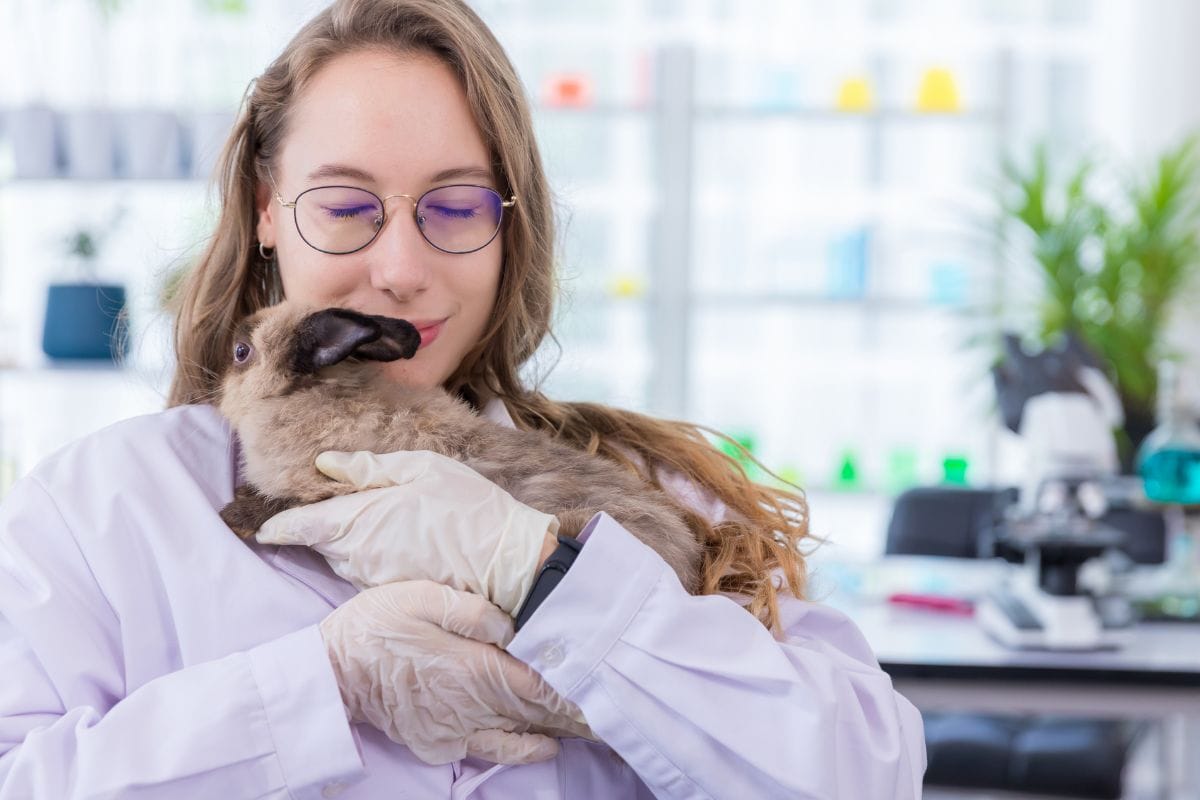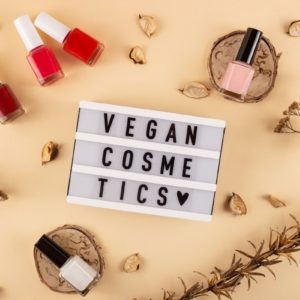
What the government’s policy change means for the cosmetics animal testing ban
By Guest Writer | 31 July 2023 | Expert Advice, Feature

 The Cosmetic, Toiletry & Perfumery Association (CTPA) explores what the government’s policy change means for the cosmetics animal testing ban…
The Cosmetic, Toiletry & Perfumery Association (CTPA) explores what the government’s policy change means for the cosmetics animal testing ban…
You may have seen media reports in May that suggested that animal testing of cosmetic ingredients could restart, following the result of a UK High Court ruling. Shortly afterwards, the UK government issued a statement explaining that no new licences will be granted for animal testing of chemicals that are exclusively intended to be used as ingredients in cosmetics products.
This article explains what the High Court ruling was about, and why the government announced that it would stop issuing licences when animal testing is already banned for cosmetics.
Isn’t animal testing already banned for cosmetic ingredients and products?
Yes – the UK cosmetics industry voluntarily stopped animal testing on cosmetic products in the 1990s, around a decade before the ban was introduced across Europe. The bans under the UK and EU Cosmetics Regulations mean that for cosmetics sold in the UK, neither cosmetic products nor their ingredients can be tested on animals anywhere in the world, if the testing has been done to meet the requirements of these laws.
The chemicals law called REACH
As well as the UK Cosmetics Regulation and EU Cosmetic Products Regulation, which are the laws ensuring that cosmetic products in the UK and Europe are safe, the ingredients in cosmetics are also subject to other chemical safety laws. One of these laws is called REACH (Registration, Evaluation and Authorisation of Chemicals), and one of its main aims is to ensure the safety of workers who might be exposed to chemicals and the safety of the environment. Unfortunately, the REACH Regulation sometimes requires substances to be tested on animals as a last resort.
This is not a satisfactory situation for the cosmetics industry, because we are committed to ensuring the safety of the chemicals we use without the need for animals, and we continue to work with the regulatory authorities to promote the acceptance of non-animal tests.
What was the High Court ruling all about?
Cruelty Free International (CFI) took the UK government’s Home Office to court. The court case centred around two issues; that the Home Office did not communicate about the fact that it changed its policy on issuing animal testing licences in 2019, and that the policy itself was not lawful.
On 5 May, the High Court issued a ruling rejecting the challenge brought by CFI, so the Court ruled in favour of the government. The story begins in 1998, when the UK government had a policy that chemicals that are exclusively or mainly used in cosmetics could not be tested on animals.
In 2014, the European Chemicals Agency (ECHA) and the European Commission issued their legal interpretation of how the animal testing ban in cosmetics interacts with the REACH chemicals law. he EU view was not the same as the UK government’s view at the time, because the EU view was that animal testing could occur on chemicals exclusively used in cosmetics to meet the requirements under REACH-to prove the safety of the chemicals for the environment, and for workers handling the chemicals in factories.
In 2019, the UK government brought its position in line with the rest of the EU. This meant that licences for animal testing could be granted for chemicals only used in cosmetics if their safety for the environment and workers needed to be proven under the REACH law, and no other suitable animal-free methods were available to prove their safety.
In 2020, there was a major court case in the EU whereby a cosmetic ingredient manufacturer took the EU authorities to court because the authorities were insisting that the company conduct animal testing on one of its cosmetic-only chemicals, to prove its safety. The company did not want to conduct animal testing because it could prove the safety of the ingredient using animal-free methods. Unfortunately, the company lost the court case.
In 2021, following a request for information by CFI, the Home Office confirmed that it had changed its policy and brought it in line with the EU back in 2019. Therefore, the complaint from CFI centred around the fact that the policy change was not communicated until 18 months after it had occurred, and whether the policy itself was legally sound. The court ruled in favour of the UK government.
Did you know?
Most chemicals are used across lots of different product types. For example, the same chemical might be used as a cosmetic ingredient, but also in medicines, toys, household products etc. There are not many chemicals that are exclusively used as cosmetic ingredients.
What action did the government take?
Despite the Court ruling in favour of the government, the government reconsidered its policy and shortly after the ruling was issued, the government announced that no new licenses will be granted for animal testing of chemicals that are exclusively intended to be used as ingredients in cosmetics products.
CTPA welcomed the government’s announcement that no new animal testing licences would be granted for chemicals only used in cosmetics, because the cosmetics industry is committed to using non-animal methods to prove the safety of its ingredients. The new government policy builds on the world-leading animal testing bans that have been in place in the UK for decades.
What does the cosmetic industry think about this?
Members of the CTPA team, along with other animal-free science experts, met with the Home Secretary before the ruling was announced because we fully support this ban on issuing new licences for animal testing. We believe that non-animal methods and approaches already exist which mean that animal testing is not needed to demonstrate that cosmetic ingredients are safe for workers in factories. We are really pleased that the UK took this action because it shows that the government is also committed to animal-free chemicals safety assessment, something that our industry has been working towards for decades.
CTPA is proud to promote non-animal safety science. The company works hard to promote acceptance of, and education in, animal-free safety assessment methods. For example, CTPA hosted a workshop in 2022, gathering together scientists, NGOs, academia and Regulators to promote the use of this science, known as New Approach Methodologies (NAMs). CTPA has a programme in place to support its members in demonstrating the safety of cosmetic products and ingredients using innovative and proven scientific methods that do not involve the use of animals.
CTPA and its members promoted and supported the introduction of the European ban on animal testing of cosmetic products and their ingredients under cosmetics laws and we actively campaigned for these bans to be retained under UK law for cosmetics after Brexit.
Should I look for products that say ‘cruelty free’ or ‘not tested on animals’?
In reality, all cosmetics sold in the UK could make this claim. The UK cosmetics law bans claims which just state that the product complies with legal requirements, since the ban on animal testing applies equally to all cosmetic products on the UK market. Therefore, the cosmetics law is very clear that ‘cruelty free’ and ‘not tested on animals’ claims are only allowed when companies can demonstrate that no animal testing has ever happened in the past.
www.ctpa.org.uk

Read the latest issue



 The
The 





